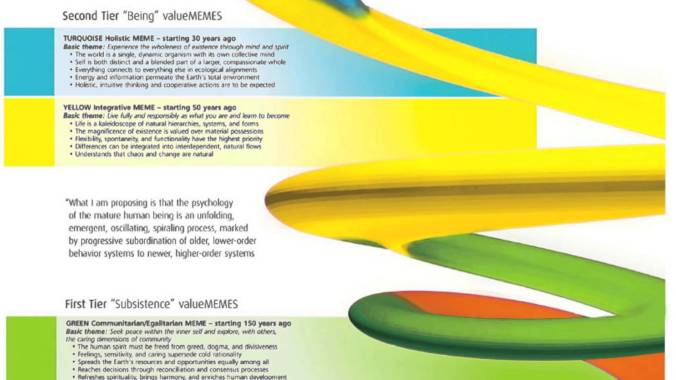Hola mi Gente,
I was sick as a dog last weekend I missed the third lecture of four I was supposed to give this month. Tomorrow, I will do the last lecture. I have really enjoyed engaging the good people of All Souls Church – all of whom are so open-minded and inclusive. I only hope I have met the challenge.
Last chance:
Sunday, February 26th, 10 AM, at All Souls Church at Lexington Ave. and E. 80th St.
Engaged Spirituality:
Moral Development and the Practice of Freedom

Simply “practicing meditation” or any set of mechanics isn’t enough. I have come to realize that we create our world according to our level of consciousness/ awareness. It’s the same with love. For some people, love’s reason is the satisfaction of the individual. Love is something that you go “out there” to get in order to satisfy a hunger for connection. Similarly, religion and everything else is filtered — distilled — according to one’s level of moral reasoning.
Let’s assume that moral development has three distinct stages. At birth an infant hasn’t been socialized into its culture’s ethics, standards, and conventions; let’s call this the preconventional stage. It’s also known as the egocentric, in that the infant’s awareness is largely consumed with self — self-absorbed. But as the young child begins to learn its culture’s rules and norms, it grows into the conventional stage. This stage is also known as ethnocentric, in that it’s focused on the child’s particular group, tribe, clan, or nation, and therefore tends to exclude those not of its group. But at the next major stage of moral development, the post-conventional stage, the individual’s identity expands to include care and concern for all peoples, regardless of race, color, sexual orientation, or creed, which is why this stage is also known as worldcentric.
Using this consciousness map as a framework to understand reality one can see how religion (or love) will manifest itself differently in a person who’s at the egocentric stage than a person who’s at a worldcentric stage. Both people can be just as devout (or “in love”), but spiritual practice will evolve according to any one individual’s level of moral development.
To illustrate further, imagine love from an egocentric perspective. Love at this stage resembles a yearning — something like an addict’s need for a fix — an ego boost. Same thing with almost anything you look at in life: perception and meaning changes according to the level from which you are engaging the world. Religion from an egocentric perspective resembles the global wave of fundamentalism currently threatening our existence. And I mention fundamentalism in all its manifestations — including our own home-grown Christian fundamentalism.
During this last lecture I will attempt to answer some of the questions in the previous section (namely how personal and collective liberation are interdependent) and discuss if the Dharma (Buddhism) can facilitate the development of moral reasoning. And if so, I would like to lead a discussion on what our national or geopolitical dialog resemble as people moved up the ladder of the stages of moral reasoning.
My name is Eddie and I’m in recovery from civilization…